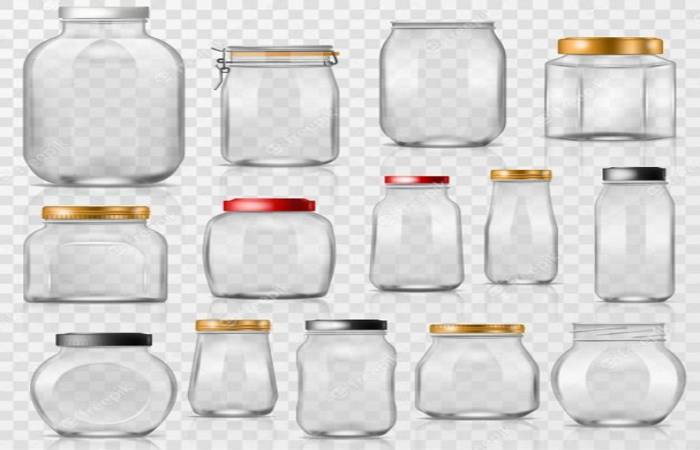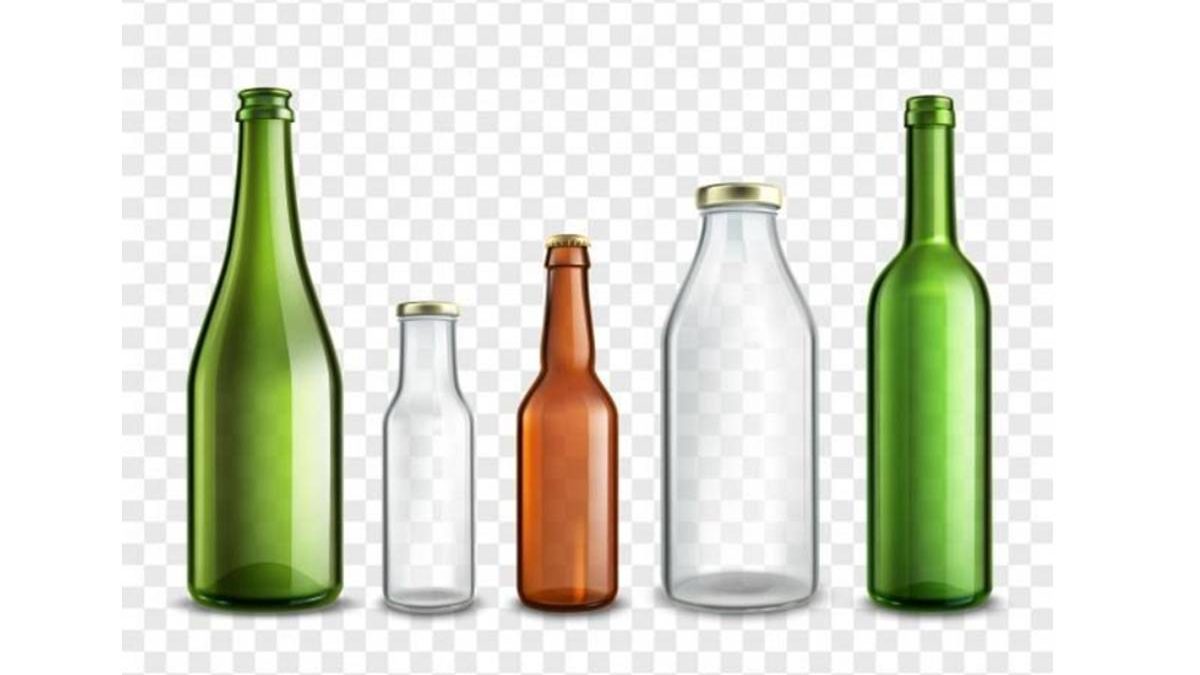Best Material To Store Milk – Sand, soda ash, and limestone are used in the production of glass. Although these resources are not renewable, they are abundant. Once these components have been utilized to manufacture a glass bottle, they can be reused and recycled indefinitely.
The milk bottle industry operates on the rinse-and-return philosophy. As long as the glass bottles are returned to the dairy, they can be cleaned, sanitized, and reused.
Milk in glass bottles is preserved better than milk in other containers. More enzymes remain in the milk since it has been less pasteurized. Many people who are lactose intolerant can drink milk from glass bottles since it is simpler to digest.
Table of Contents
1. Environment Friendly
Earth is unique in that it is the only spot in the universe where people can survive. As a result, it’s critical that we take care of our planet in the next generations, but how do glass bottles contribute to this goal? They’re reusable, which means you may return a delicious bottle of milk to be refilled and reused without losing its quality.
Glass is the only packing material capable of accomplishing this amazing feat. This reduces the amount of waste that is disposed of in landfills, thus promoting global sustainability. Consumers are becoming more environmentally conscious, and they want items that reflect this shift in mindset.
2. Visually Appealing
It’s human nature to want our meals to appear appealing when it comes down to it. Do you want to know one of the finest ways to improve a product’s presentation? Glass bottles, to be precise. Clear bottles allow customers to view the product inside clearly. They’re also basic and sophisticated.
Glass is associated with pleasant thoughts; therefore, this makes them stick out to customers. Remember that an appealing product might deceive the human mind into believing that the product inside tastes better. That is why packing is so important! Do not think twice to include glass as your packaging material for your dairy products. Buy glass milk bottles for sale in bulk and see your revenue increase.
3. Safe To Use
Other bottles risk melting or allowing chemicals to seep into their contents. Glass, on the other hand, is created from natural resources, and the FDA considers it to be the only packaging material that is fully safe. A glass bottle provides a strong barrier that keeps out substances like BPA, which can harm a range of biological systems if consumed.
Milk also lasts twice as long in glass bottles and does not emit hazardous compounds even at the greatest boiling temperatures. Glass bottles have a lot of transparency, so you can tell if something is wrong right away. As a result, you may relax and enjoy a glass of milk from a glass bottle, knowing that everything will be well.
4. Versatile
We know this article is about milk, but glass bottles have so many advantages that we cannot stop ourselves from telling you. Glass bottles can be used for a variety of purposes. Glass bottles can be used to carry a variety of liquids, condiments, and delicacies. Use the containers to produce juice bottles at a juice bar, store spices, and mix ingredients, for example.
Glass bottles can also be used for non-food purposes. Turning them into flower pots or candle holders, for example, can be used as centerpieces for a baby shower, wedding, or even a party at your new home. You can make anything out of these bottles for any situation; the options are literally unlimited.
5. Milk Tastes Better

Food and beverage packaging have a greater impact on the overall quality of the product than you may believe. To begin with, it guarantees that the product remains cool (which in turn makes it taste better). Glass bottles are also impermeable, which means that the glass will not affect the flavor of the contents inside the bottle in any way, shape, or form because all outside chemicals will be kept out. The more delicious milk is, the more people will drink it!
6. Recyclable
Plastic bottles are recycled at a rate of 29 percent, according to the Container Recycling Institute. Glass, on the other hand, has a recycling rate of 37 percent. Although plastic is equally recyclable, glass has a few environmental advantages.
Glass milk bottles that are not returned for filling and have reached the end of their useful life are 100 percent recyclable and can be recycled many times, whereas plastic goods lose most of their strength and integrity when repurposed.
Furthermore, users can wash, sterilize, and reuse glass bottles and packaging on a regular basis. When it comes to recycling, glass has a quick turnover. It can be reused within 30 days after being recycled by customers.
Even better, recycling glass emits fewer CO2 emissions and uses less energy than using new plastic3. This is due to the polluting materials required to manufacture new plastic, as well as the fact that plastic recycling requires more complexity and processing, resulting in increased energy use.
7. Less Per-Use Energy Consumption
When it comes to deciding whether glass or plastic bottles are superior, there are several factors to consider. Because glass requires twice as much energy to manufacture, it emits more CO2 throughout the manufacturing process than plastic when measured by weight.
However, this is only true at the point of manufacture; when the increased energy requirements of a glass milk bottle are averaged over the lifecycle of a bottle that is used repeatedly, glass wins every time.
Conclusion
More and more of us are turning away from buying milk in plastic bottles. More glass is likely to be utilized as we explore alternatives to plastic. As a result, the resurgence of glass milk bottles can only be regarded as a good thing.
Nonetheless, unless retailers can find a cost-effective solution to create, distribute, and reuse glass milk bottles, plastic will remain the de facto choice. The more of us who switch to glass, the more probable it is that they will attempt to shift away from plastic in a proactive manner.

